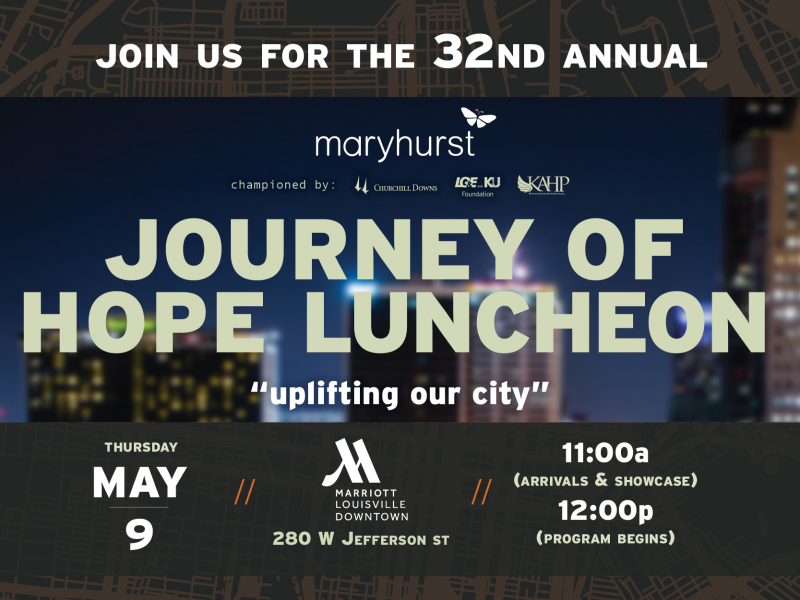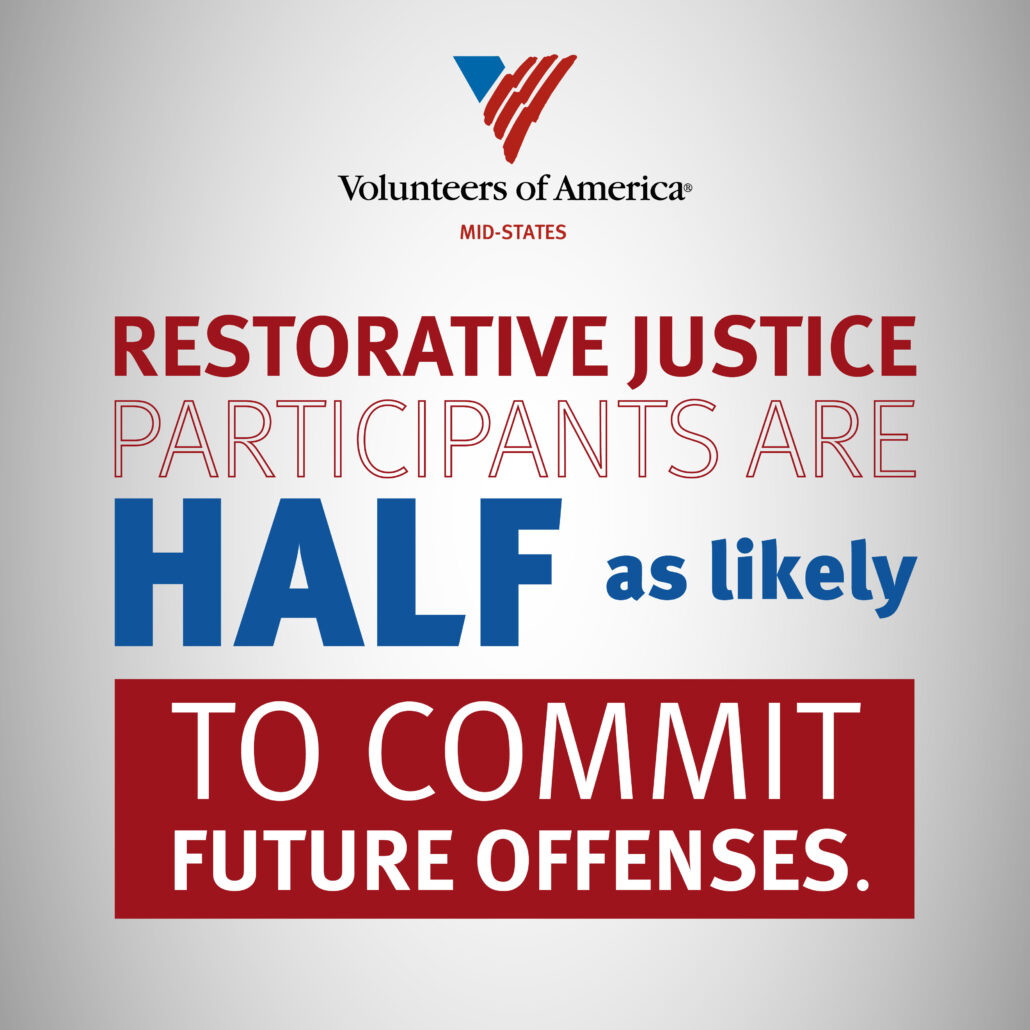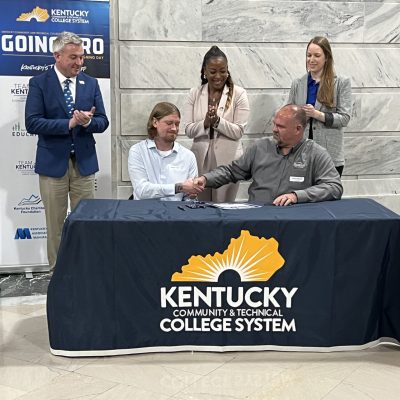By Hayley Robb, Building Kentucky

Most Jefferson County residents would choose to be vaccinated against COVID-19, according to a recent survey by the University of Louisville Christina Lee Brown Envirome Institute. The survey was conducted as part of the Co-Immunity Project, ongoing research to better understand the impact of COVID-19 in Jefferson County.
The survey provides hopeful results about attitudes toward the vaccine in the Commonwealth as well as implications and useful information for the rest of the country.
In February, letters were mailed to 35,999 households in all geographic areas of Jefferson County inviting residents to participate in the survey as well as free COVID testing, which is also part of the Co-Immunity Project.
“We wanted to better understand which residents had access to the vaccine as well as their attitudes toward the vaccine,” said Aruni Bhatnagar, Ph.D., director of the Envirome Institute. “This information would help us improve equity in vaccine availability as well as help us understand the reasons behind vaccine hesitancy in our community.”
Some of the questions included in the survey inquired about:
- Vaccination history
- Where participants received vaccine information
- Vaccine location preference
- Factors that made participants more or less hesitant to get the vaccine
Survey Results
The results revealed 91% of Jefferson County would choose to be vaccinated, with slightly lower rates among minority participants. Most of the 1,296 survey participants were 60 or over (44%), female (61%) and white (84%). 90.2% reported being unvaccinated.
Vaccine-hesitant participants suggested that more evidence of safety and effectiveness, or their health care provider’s recommendation, would make them more likely to get the vaccine.
Along with concerns about side effects and safety, minority participants also expressed the vaccine hadn’t been “tested on enough people who are like me.”
Participants of all races were concerned about the timeline of the vaccine. Other concerns were related to the efficacy of the vaccine, vaccines in general, and government mistrust.
About 3% of white participants and 8% of minority participants indicated they would never choose vaccination. Minority participants were more likely to choose vaccination with celebrity endorsement, offerings by faith organizations and vaccination requirements. White participants were more likely to choose vaccination if their family and friends or elected officials were vaccinated with evidence of efficacy.
Where Do Louisvillians Want To Be Vaccinated?
Vaccine location was another key finding from the survey.
Most participants would prefer to be vaccinated by their health care provider, followed by a mobile or walk-in clinic, a pharmacy or a hospital. Sites such as community organizations, community recreation centers, workplaces or schools were of less interest to participants.
Minority participants were less interested in vaccination at work, pharmacies, libraries or mobile and walk-up clinics and more interested in being vaccinated at food distribution centers or by a health care provider.
Equitable Vaccine Information And Distribution
Compared with white participants, minority participants were less likely to know where to find information on vaccine eligibility or how to sign up for vaccination.
Researchers said equitable vaccine distribution will help alleviate this problem and believe the findings from this survey will be helpful in increasing access and acceptance of vaccines among different populations and all Kentuckians.










